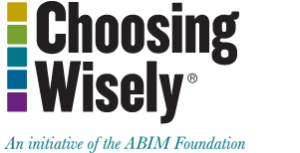Dr Sean Ninan is a registrar in Geriatric and General (Internal) Medicine in the Yorkshire Deanery. He tweets at @sean9n and @gerisreg 
Here Sean writes on his blogs, Senior Moments, about why he has chosen to specialise in geriatric medicine, and how he wants to inspire junior doctors as they begin their rotation in his department.
Welcome to the older people’s ward. My name is Dr Sean Ninan.
I hope you enjoy your time on the ward. You will certainly learn lots. By the end of your time here you will see patients with classic geriatric syndromes, sepsis, malignancy, acute kidney injury, neurological disorders and much more. We will teach you to become very good at assessing patients with delirium, falls, blackouts, immobility, Parkinson’s disease, dementia as well as general medicine topics like sepsis, acute kidney injury and acute coronary syndromes. You will learn what frailty really means and what it means to perform comprehensive geriatric assessment. I expect you to learn about these topics because you will be looking after patients with these problems, but wherever possible, we will try to tailor learning to your chosen career, whether that is general medicine or general practice. If you are going to be a surgeon, obstetrician or something else, then bear with us! It is still important that you learn about geriatric medicine in order to provide a good quality of service, and hopefully you will still enjoy it, and take some of what you have learned into your future career. I also hope that we can convince some of you along the way to join us in geriatric medicine in the future.


